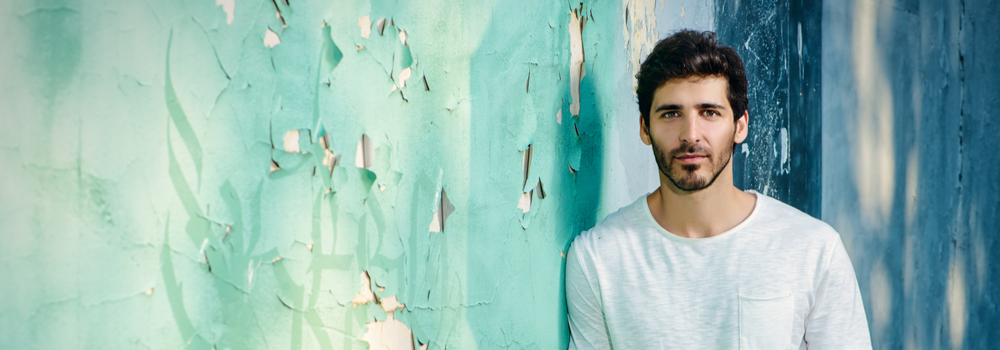Therapy is an essential part of addiction recovery. According to the National Institute on Drug Abuse, more than half of people seeking help for substance use disorders have a co-occurring mental health issue. [https://www.drugabuse.gov/publications/research-reports/common-comorbidities-substance-use-disorders/part-1-connection-between-substance-use-disorders-mental-illness] These commonly include depression, anxiety disorders, PTSD, ADHD, bipolar disorder, personality disorders, autism spectrum disorders, and others. These issues often drive addictive behavior and if you want to have a lasting recovery, you need professional help. However, not all therapists are created equal and not all therapeutic relationships are equally productive. At some point, you might start wondering if you should find a new therapist. Here are some signs it might be time to switch.
Unprofessional behavior
Most therapists take professional behavior very seriously. Their careers depend on professional licensing and their good reputations and major lapses in professionalism jeopardize both. However, unprofessional behavior does happen. If your confidentiality has been compromised or if your therapist makes advances or otherwise abuses your therapeutic relationship, it’s definitely time to find someone new. Other professional lapses, such as seeming distracted, being late for appointments, or cancelling appointments on short notice may be worth a conversation before switching if therapy otherwise seems to be going well.
Your progress has stalled
As you progress in therapy, your needs will change. Often, your therapist will still be able to help you but, like everyone, therapists have their own strengths and weaknesses. As your needs change, you might need help your current therapist can’t give. For example, at first, your biggest issues may be shame or cravings but as you get those under control, you might find yourself struggling with family relationships and discover your therapist isn’t helping much with those. If you don’t feel like you’re making progress on important issues, you might consider a change. You may notice that therapy feels like a chore or that you have the same discussion every time but nothing changes. It’s a good idea to raise these concerns with your therapist and discuss taking a different approach before switching, though, since starting with a new therapist means taking a few steps back to build a new therapeutic relationship.
You feel like you can’t be honest
Sometimes people just don’t get along and this is true of therapists and clients too. Therapists are trained to listen without judgment but they’re human and have their own biases and personalities. Sometimes clients feel like they can’t be open without being judged. Therapeutic relationships may take some time to develop, so don’t jump ship right away if you feel like you don’t get along but after a while, if you still don’t feel like the relationship is working, consider finding someone new.
Tree House Recovery of Portland, Oregon uses cutting-edge techniques in individualized programs to help men achieve freedom from addiction. Taking a holistic, sustainable approach to the inner and outer effects of addiction ensures you or your loved one will emerge with the confidence and skills to manage your addiction independently. No one is beyond help- our Admissions Counselors are available 24/7 at (503) 850-2474




